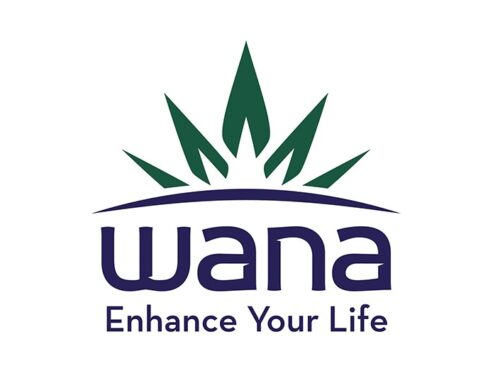Cannabis testing lab appeals shutdown order, sues regulators
July 7, 2025

David L. Ryan/Globe Staff
A Massachusetts cannabis testing company is suing regulators over an order that forced it to cease operations last week.
The Cannabis Control Commission alleged Assured Testing Laboratories misreported contamination test results and allowed products with yeast and mold above regulatory limits to be sold. The commission ordered the Tyngsborough lab to suspendoperations by Friday.
It was the commission’s first-ever summary suspension order, a measure it can take upon finding a licensee poses ”an immediate or serious threat to the public health, safety or welfare,” according to CCC regulations. Such an order can be issued before a hearing to protect those interests, according to the regulations.
Assured — which denies it allowed contaminated products to reach consumers — appealed the decision with the Cannabis Control Commission and filed a complaint Monday in Suffolk County Superior Court. The company claimed the Cannabis Control Commission overstepped its authorityand violated Assured’s due process rights by issuing the order without a hearing.
“There is a fundamental principle in this state and in this country that before you lose everything at the hands of the government, you have a right to appear in some forum to defend yourself,” Assured chief executive and founder Dimitrios Pelekoudas said in a statement.
A commission spokesperson said the commission does not comment on legal matters.
The company also requested an injunction to suspend the Cannabis Control Commission’s order and allow Assured to operate while the dispute proceeds, according to court filings. Although the company believes the order is unlawful, it complied, Pelekoudas said, halting operations and furloughing most employees.
Pelekoudas said in a statement that the company has always complied with regulations, posed no public health threat, and never allowed contaminated products to reach the market.
“This is a simple disagreement about how data was being reported,” he said. “In fact, the CCC’s regulations were so unclear on this specific testing issue, that it reissued regulations that became effective as of April 1 of this year.”
Stella Tannenbaum can be reached at stella.tannenbaum@globe.com.
Search
RECENT PRESS RELEASES
Related Post




